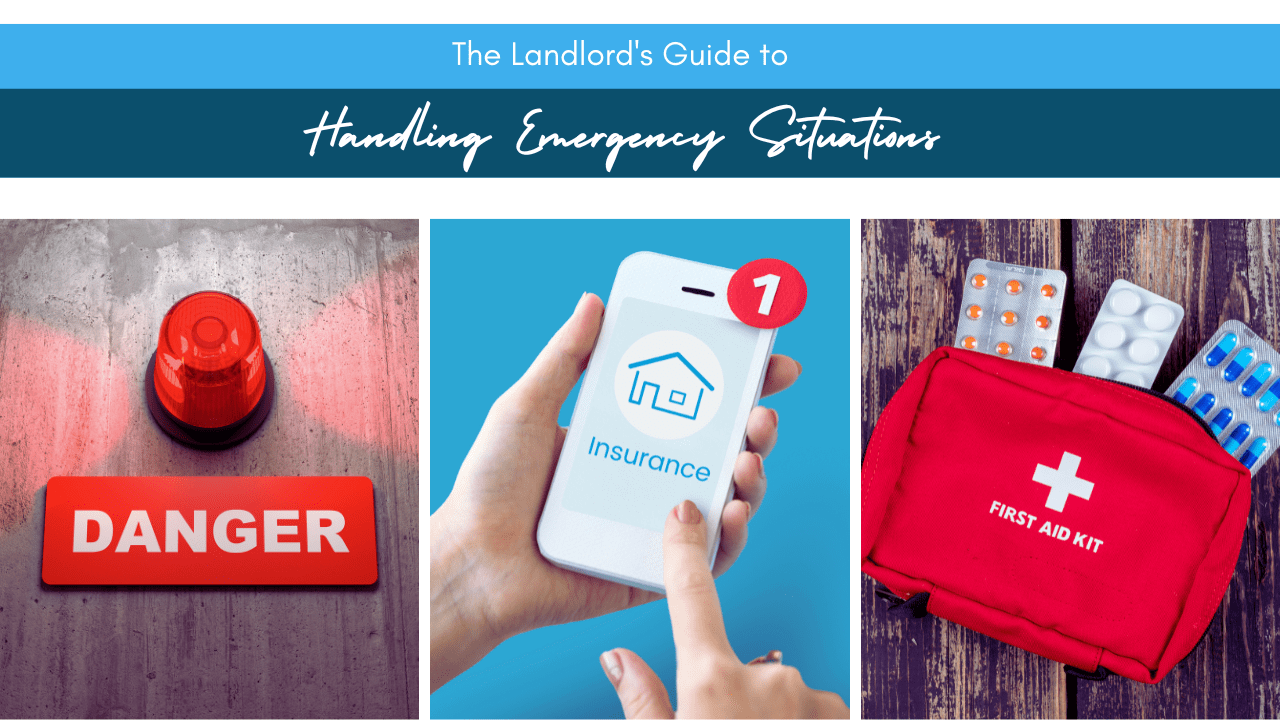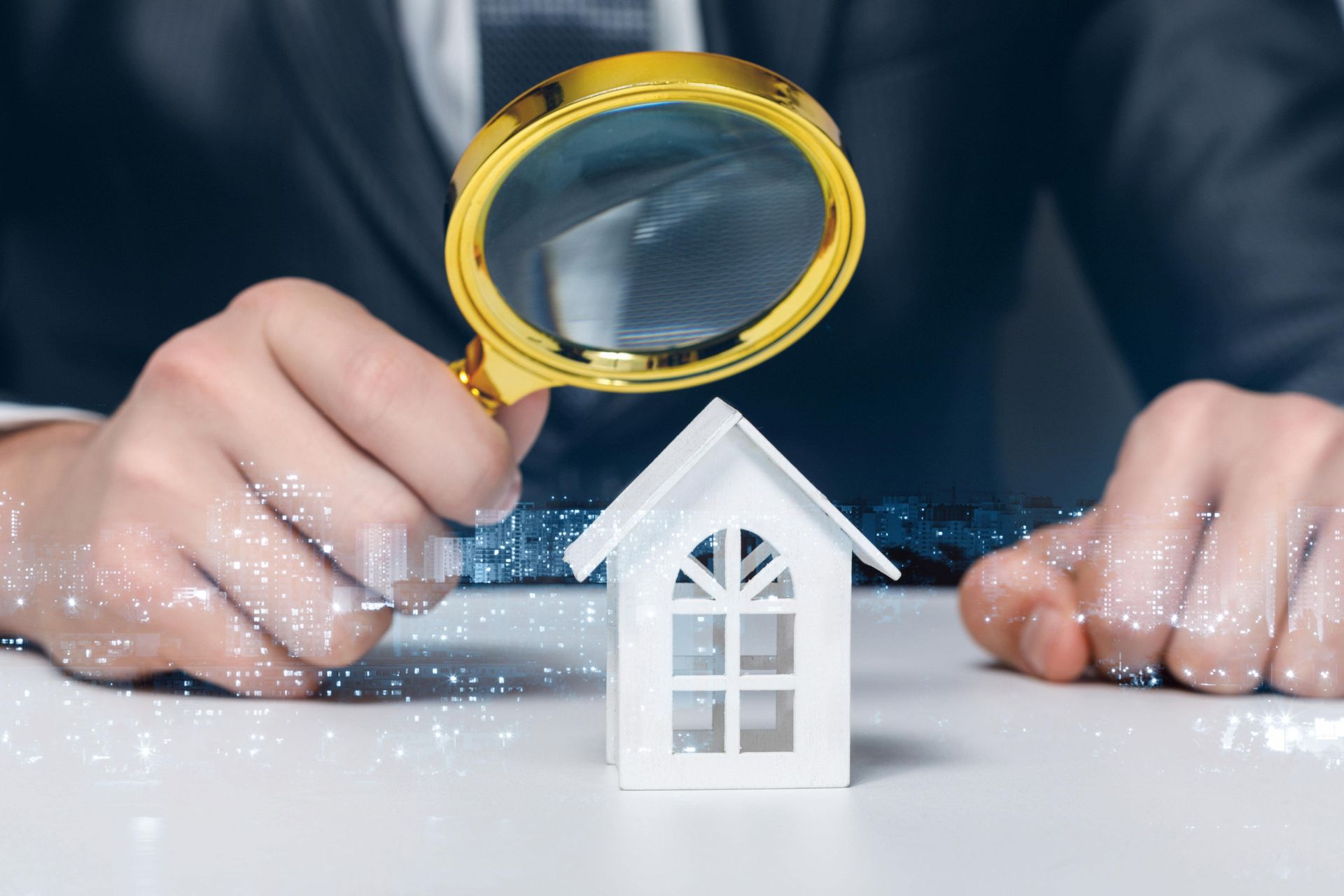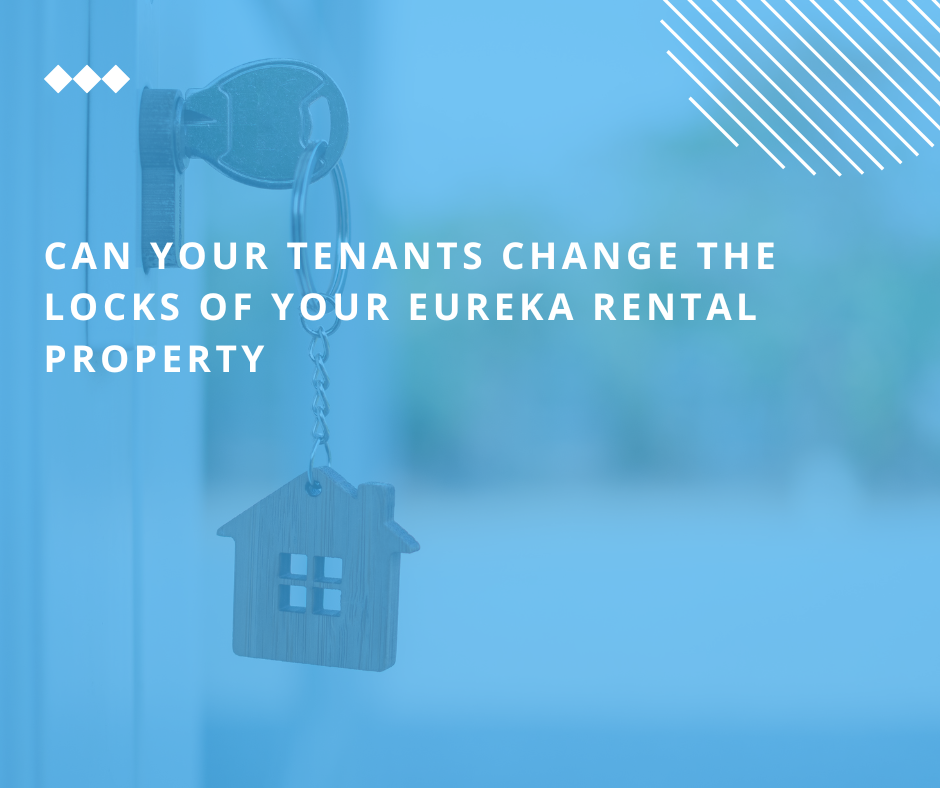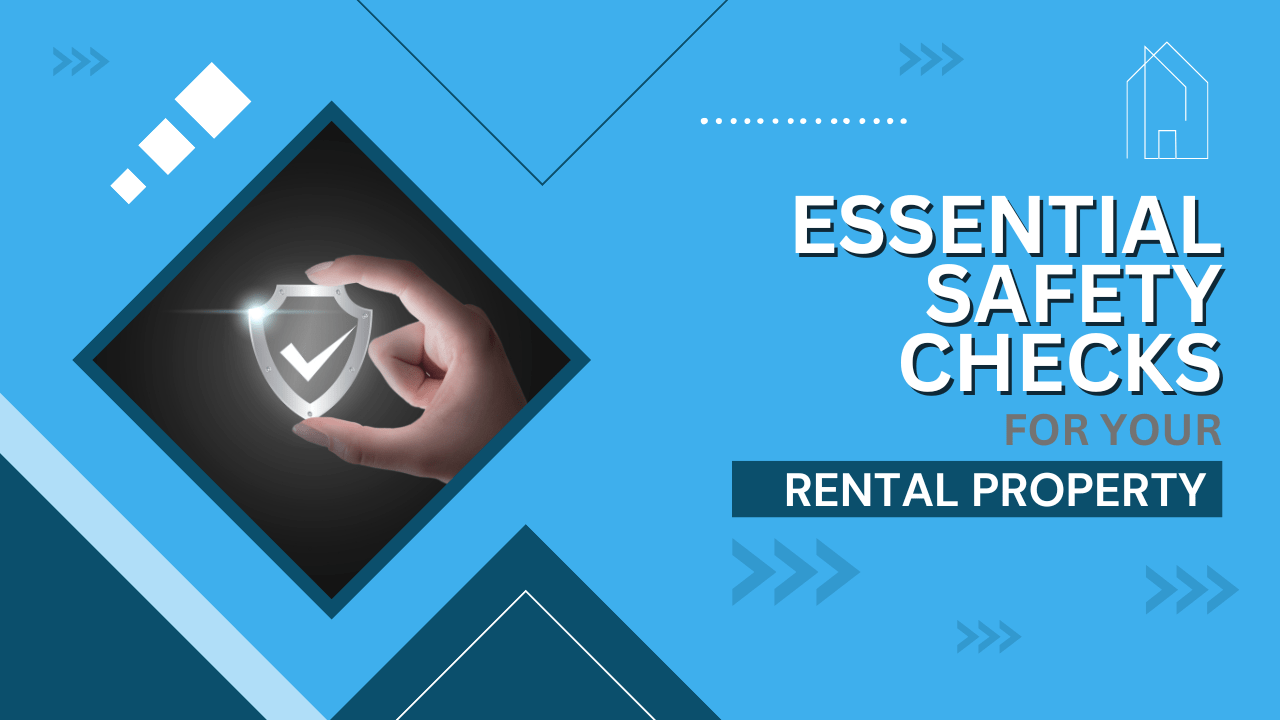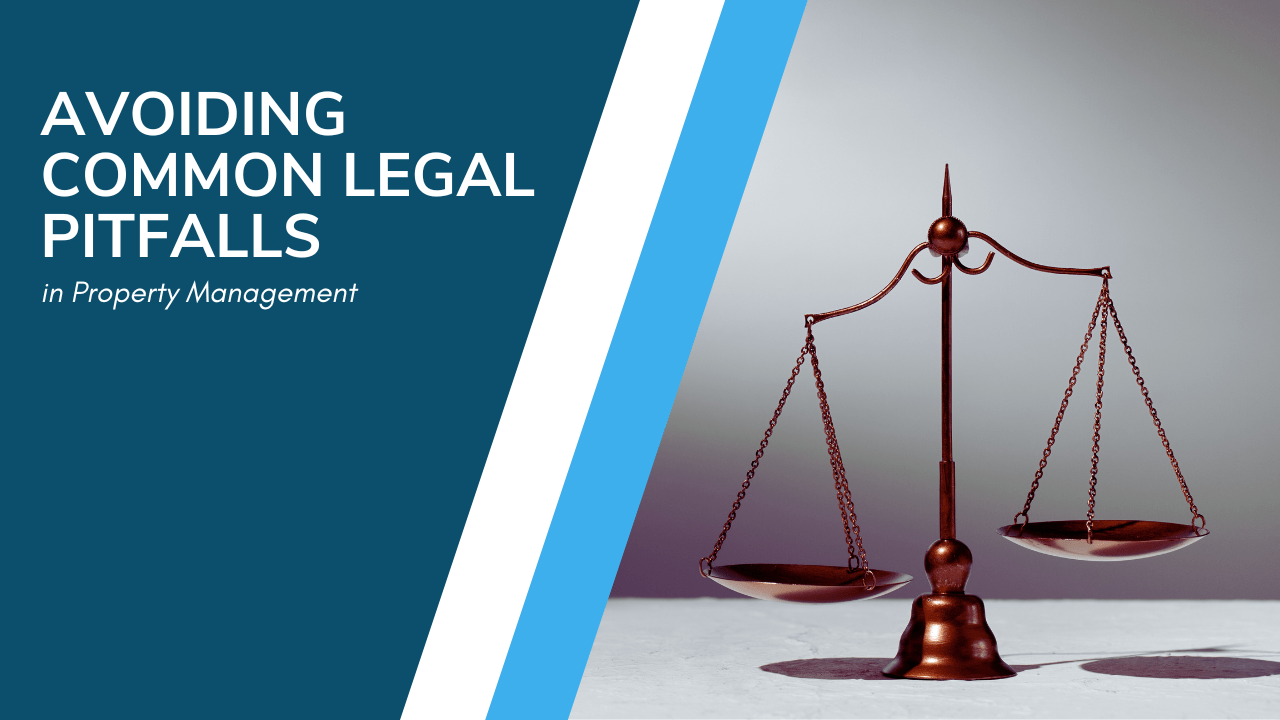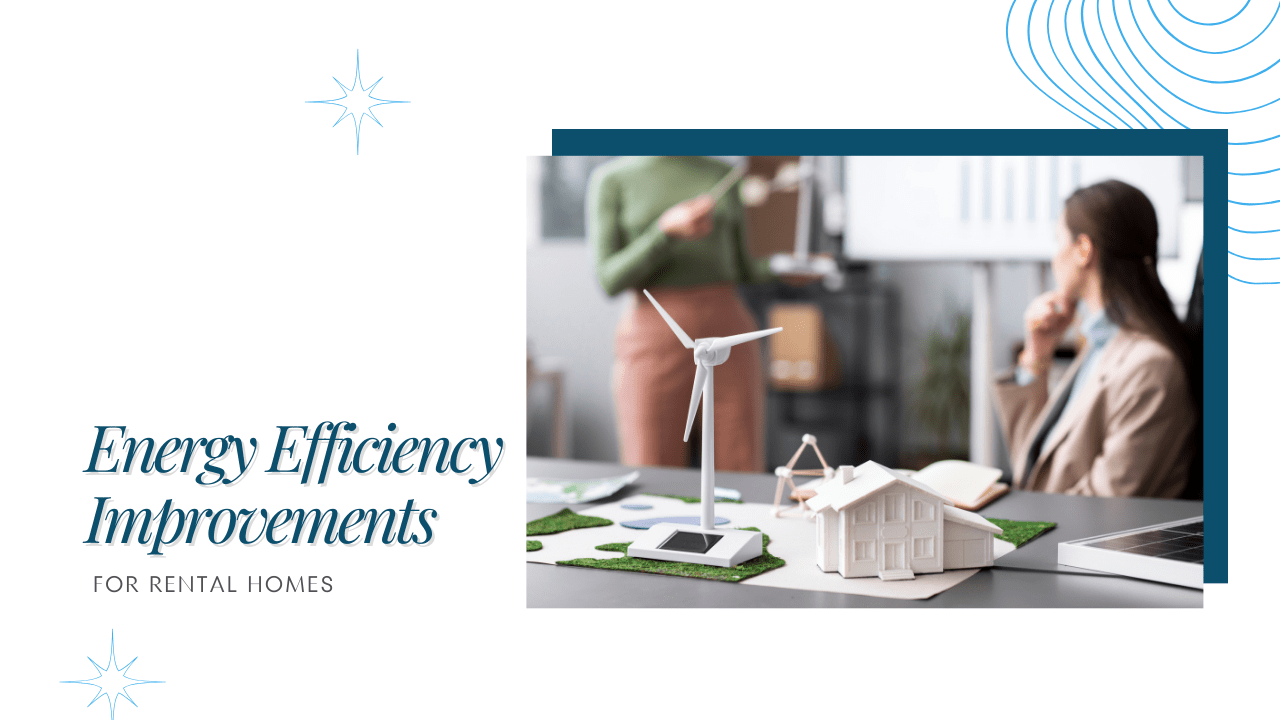As
professional property managers in Eureka, we’re prepared for just about anything.
Are you?
When you’re renting out properties, you need to
collect rent and manage your
lease agreement. You’re maintaining your property and
communicating with tenants. You’re also putting out a few fires here and there, and sometimes there’s an emergency that takes you completely by surprise.
It’s hard to prepare for every possible catastrophe. But, the more prepared you are, the less likely you’ll face a major loss.
As a landlord, you have to be prepared to effectively handle emergency situations that could affect your investment property and your tenants. Understanding how to navigate these emergencies is crucial not only for the safety and well-being of your residents but also in your endeavors to maintain the integrity of your property investment.
Identifying Potential Emergency Situations
First, it's essential to understand what qualifies as an emergency situation and what your property is most threatened by.
Emergencies are events that pose an immediate threat to health, life, property, or environment. Some common examples include:
- Natural disasters such as earthquakes, floods, and wildfires.
- Public health emergencies such as global pandemics.
- Structural damage that poses immediate danger, like a collapsing roof.
- Water damage from burst pipes or leaks.
- Gas leaks or electrical hazards.
- Broken locks or security breaches that make your property vulnerable.
Make sure your tenants understand what constitutes an emergency, too. If the water heater has begun leaking and there’s standing water in the home, that’s an emergency. A garbage disposal that’s stuck is not an emergency.
Preparing for Emergencies in Eureka Rental Properties
Preparation is key to handling any emergency situation effectively. Here are some steps landlords can take to prepare for what will hopefully not (but may) happen:
- Emergency Contact Information
Ensure you have up-to-date contact information for each tenant and provide them with your contact information, including a 24-hour contact number. If you’re renting out a multi-family building, consider setting up a group chat or an email thread so that resources and information can be shared efficiently among and between residents.
- Know your Local Authorities and Services
Keep a list of contact details for local emergency services, including the police department, fire station, and emergency medical services. Also, have contacts for plumbers, electricians, and other contractors who can address emergencies during and after an unexpected event. You’ll want your residents to know where the hospitals are and how to access any government agencies that can help them if there’s a natural disaster.
Develop a comprehensive emergency plan tailored to common Eureka risks, such as earthquakes and floods or wildfires. This plan should include evacuation routes, emergency procedures, and safety tips unique to your property. Share these emergency plans with your tenants when they move in so there isn’t a gap in communication and action if and when an emergency occurs.
Educate your tenants on emergency procedures and plans. Consider regular email updates or meetings to reinforce emergency preparedness. Encourage your tenants to share any particular signs that there may be danger, whether we’re talking about your property, the neighborhood, or the entire region.
Ensure your property is
adequately insured for various types of emergencies, including natural disasters common to the Eureka area as well as emergencies that are taking place inside the home, such as floods or sewer backups.
Responding to Emergencies
When an emergency occurs and impacts your
Eureka rental property, quick and effective action is necessary. There are a few steps you’ll have to take to ensure that the situation does not spin more out of control than it already is.
First, assess the entire situation. You’ll need to make a quick determination about how severe the problem is, and how widespread the emergency. What’s the potential impact? If it’s a life-threatening situation, 9-1-1 should be called immediately. Everything else will come next.
Get in touch with your tenants, whether it’s a problem contained to your property or something that’s spreading. Talk about the emergency, provide clear instructions, and remind them of the emergency plan that has already been created. You should have multiple channels available to you to use. Consider texts, emails, and phone calls. If the emergency is such that all communication is cut, wait it out. This will likely be temporary, and you don’t want to risk further damage to yourself or your tenants or your property trying to meet somewhere.
You’ll want to know that your property is secure. So, whether we’re talking about a big earthquake or a flood from your bathtub, take whatever steps are necessary to prevent further damage. This might be turning off the main water supply or moving the tenants out in accordance with your evacuation plan.
Contact the relevant emergency services if you need support, or get in touch with your professional contractors to address the situation if it’s specific to your property. Follow their advice and direction to ensure the
safety and security of your tenants and property.
Document everything. This will help with insurance claims and serve as a guide for what to do if something similar happens again.
Post-Emergency Follow-Up

